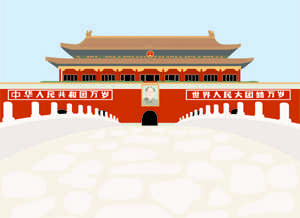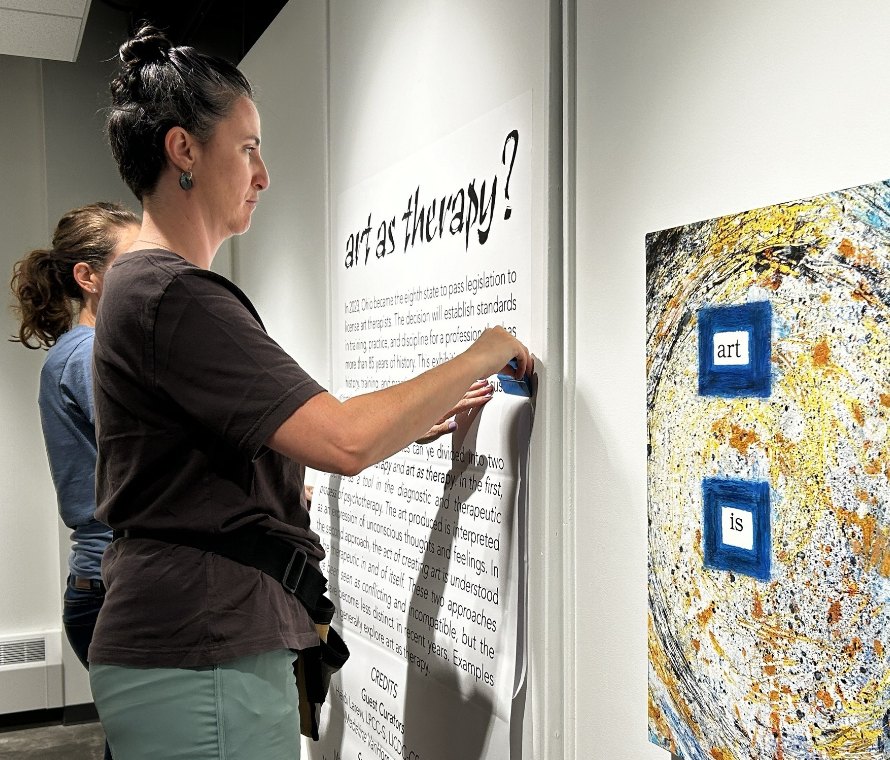By: Pamela Kellman

Addressing the debate as to whether or not China will dominate the world in our lifetime, the question Monday night was not if, but when.
Monday night, Pulitzer Prize-winning couple Nicholas Kristof and Sheryl WuDunn engaged in rhetoric of how America must go about accommodating a rising power during the 20th annual John S. Knight Lecture at EJ Thomas Hall, “Reflections on China: Tiananmen to Present.”
China’s economy has been growing 10 percent a year for the past 30 years, said business executive and best-selling author Sheryl WuDunn. According to the US National Intelligence Council, China will have more world impact in 20 years than any other country.
Just last year, China controlled 33 percent of the world’s market compared to the United States’ 30 percent, according to WuDunn.
Kristof and WuDenn earned the Pulitzer for their journalism coverage of China’s Tiananmen Square democracy movement on the night of June 3, 1989.
A concern WuDenn presented is what it means to be a “rising state” and whether or not China, in fact, intends to become a rising state. Oftentimes, Germany is used as an example of what happens when countries seek greater authority on the world’s stage.
“Tensions will be created when there is a rising power,” WuDunn said.
There is much we can learn from China’s industriousness, according to WuDunn, most notably in the Chinese approach to education. The Chinese ethos emphasizes a hard work ethic approach over innate talent.
According to Kristof, budget cuts in education will undermine America’s ability to compete long-term as a global power. While China’s universities are a weaker aspect of its education system, China has the money to pour into funding for hard sciences and scientific research. Laboratories in China prove to be among the best facilities, with the technology and equipment to potentially attract graduate students who face underfunded study in American universities.
Kristof and WuDunn are impressed with The University of Akron’s China Week.
“We do think that the central problem…is how to manage the Chinese relationship,” Kristof said. The Chinese, said Kristof, do a better job in training in English and sending students to America, and we must encourage more Americans to travel to China.
After an impromptu poll of the audience conducted by WuDunn, it was found that not a single member spoke Chinese.
WuDunn talked of China’s growing presence in innumerable markets and shared predictions on when China’s economy will overtake the US. Most sources converge on the year 2019, said WuDunn. We are left to question the impact China will have economically, politically and militarily as the dominant world power.
Kristof presented the impediments China will face in leading the global economy. There is a political transition that China hasn’t made yet, said Kristof, which asks whether or not China could be ready for a democracy.
“We sometimes make a mistake in thinking people protest when they’re angriest,” Kristof said. The truth, he said, is that people protest when they think they can get away with it. However, Kristof is a firsthand witness to the courage of those who were willing to die for their beliefs at Tiananmen Square. It is a testament of a readiness for democracy, he said.
China will face other obstacles as well, such as an aging population, an environment that has suffered from rapid industrialization and the potential stagnation of a growing economy.
“As the Chinese economy gets bigger, it becomes more difficult to grow along with these trajectories,” Kristof said. He stated that China will need to develop a more domestic, consumer-based economy rather than relying on low-wage exports, which cannot be sustained.
Kristof does not deny the presence of China’s political hurdles and the dilemma of world relations.
“There is a nationalist streak, there is a certain amount of resentment,” Kristof noted in China’s reaction in seeing the US as the world’s policeman.
Both the United States and China will see shifts in leadership in the next year.
“Just as American leaders are constrained by the American public, China’s leaders are constrained by Chinese public opinion,” Kristof said. “We’re going to have to have more of these university interactions.”






